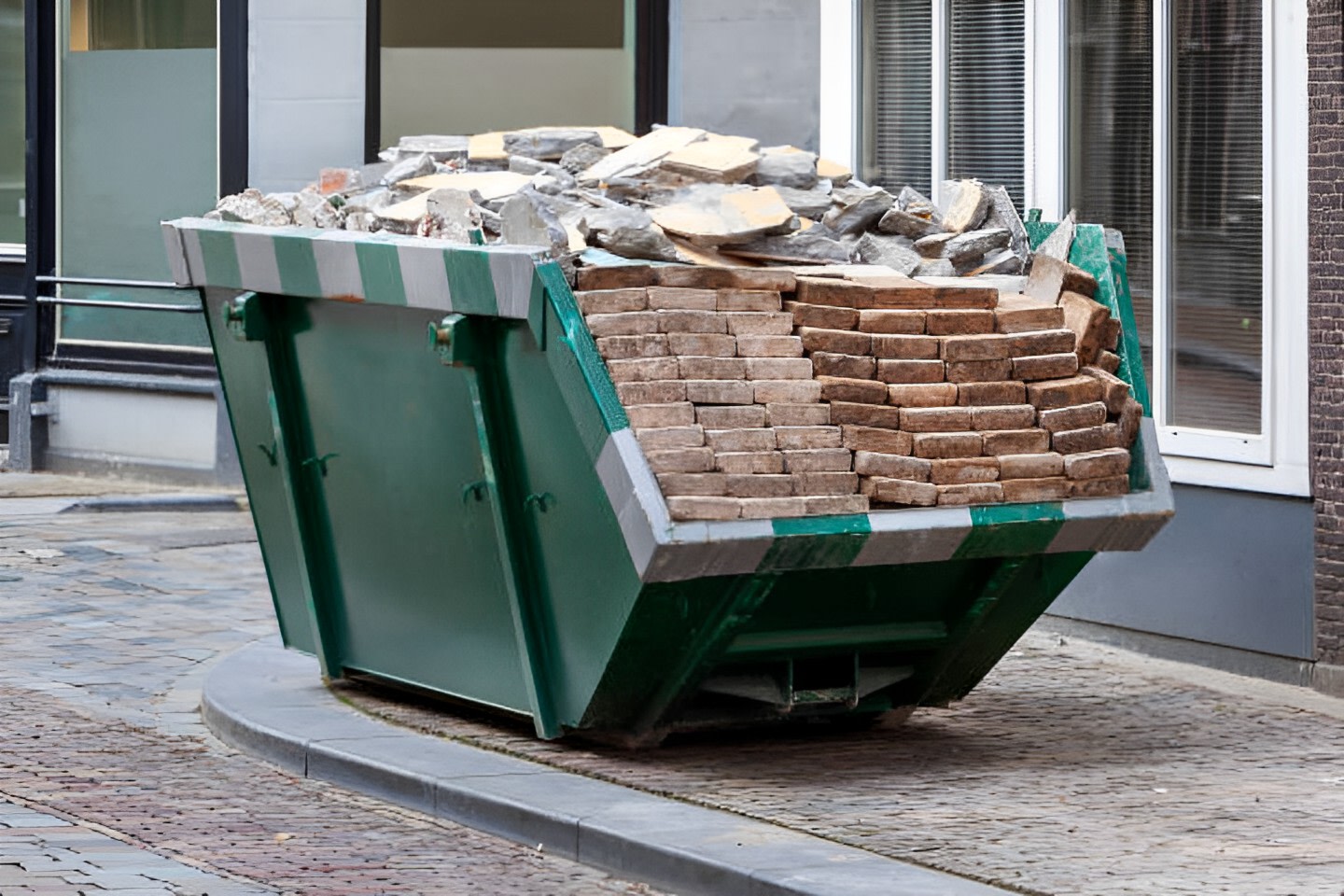
Ghana’s Real Estate Sector’s Recycling and Waste Solutions
Ghana, a nation known for its vibrant culture and rich natural heritage, is experiencing rapid urbanization and real estate development. With this growth comes the responsibility of managing waste and promoting recycling within the real estate sector. This article delves into the waste management practices in Ghana’s real estate industry, focusing on efforts to reduce construction waste and foster a culture of recycling among tenants and homeowners.
Reducing Construction Waste
The construction industry generates a substantial amount of waste, including concrete, wood, metal, and packaging materials. Responsible property developers in Ghana are increasingly adopting waste reduction strategies to minimize the environmental impact of their projects:
- Materials Reuse: Real estate developers are exploring opportunities to reuse materials salvaged from demolition or construction sites, reducing the need for new resources and landfill waste.
- Recycling on Site: Some construction projects incorporate on-site recycling facilities where materials like concrete and asphalt can be crushed and reused as base materials, lowering transportation costs and the environmental impact.
- Waste Sorting and Separation: Builders are implementing waste sorting and separation practices to ensure that recyclable materials, such as plastics and metals, are properly segregated from non-recyclables.
- Educational Initiatives: Workers and contractors on construction sites are educated about the importance of waste reduction and recycling, promoting a culture of responsibility.
Promoting Recycling Among Tenants and Homeowners
Waste management isn’t limited to construction sites; it’s equally important within the properties themselves. Responsible property managers and homeowners’ associations are initiating efforts to encourage recycling among residents:
- Recycling Bins: Providing clearly labeled recycling bins in common areas and residential units makes it convenient for tenants and homeowners to separate recyclables from general waste.
- Educational Campaigns: Property managers launch educational campaigns, distributing information about recycling practices, schedules, and the environmental benefits of recycling.
- Incentive Programs: Some real estate developments in Ghana offer incentives for residents who actively participate in recycling programs, such as reduced service fees or community rewards.
- Collaboration with Local Recycling Facilities: Property managers establish partnerships with local recycling facilities to ensure collected recyclables are efficiently processed and contribute to the local circular economy.
Conclusion
As Ghana’s real estate sector continues to expand, so does the importance of responsible waste management and recycling practices. The efforts to reduce construction waste and promote recycling among tenants and homeowners play a crucial role in preserving the nation’s natural beauty and reducing the environmental footprint of urban development.
These initiatives not only benefit the environment but also contribute to cleaner, healthier, and more sustainable living environments. As Ghana progresses toward a greener future, waste management and recycling in the real estate sector will remain a pivotal component of responsible urban development.







Comments - 1
Eco-Tourism Impact on Sustainable Real Estate in Ghana - Blavior
[…] Management: Sustainable developments implement robust waste management practices, recycling programs, and initiatives to reduce waste […]